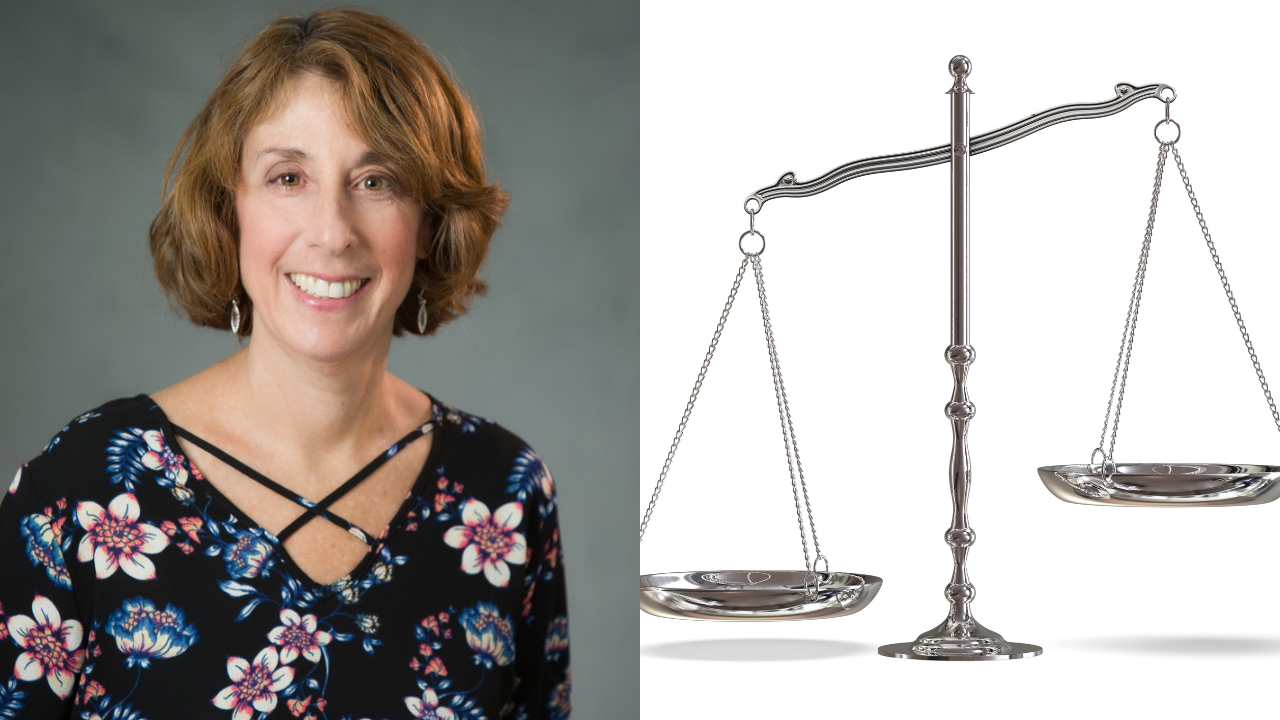Last week, Congressman Jake Auchincloss read the Medicaid poem “The Mathematics of Mercy” by The Arc’s Betsy Johnson on the floor in Congress.
Now, we are thrilled to be able to share the entire, unabridged poem with you.
The poem is a moving, honest account of the human cost of potential Medicaid cuts, exploring the profound impact Medicaid-funded supports have in the lives of individuals with disabilities, their families, and their care providers.
“The Mathematics of Mercy” by Betsy Johnson
A direct care worker holds
someone’s universe for eighteen dollars an hour,
lifts worlds, bathes dignity back into being,
her hands trembling now
as she reads the letter
saying her client’s hours are cut,
knowing some bodies can’t survive
on spreadsheet logic.
They speak of cuts in marble rooms,
voices that have never whispered
“your therapy isn’t medically necessary”
to a non-verbal child
who just learned to make sounds
like morning birds.
In living rooms turned sacred spaces,
therapists pack up their tools of possibility,
weighted vests, sensory brushes,
pieces of someone’s future
now deemed too expensive
by men who’ve never seen
how a body learns to trust itself
one careful touch at a time.
Listen to power chairs going still,
to screens falling dark in throats
that borrowed them for voice,
to support workers saying goodbye
to people who stopped being clients but were more like family
somewhere between the first smile
and the last hug,
while offshore accounts grow fat
on the mathematics of suffering.
Think of hearing aids denied.
“elective,” the papers declare, while a teenager strains to grasp laughter at lunch,
inside jokes, whispered secrets.
Four thousand dollars, they say,
too steep for a child’s symphony,
so she sits in class,
the world a muffled mystery,
her belonging priced beyond reach.
The reports promise “significant benefit,” but somewhere,
behind mahogany, a pen strikes through sound itself.
This is how a nation bleeds:
not on battlefields but in group homes,
not from enemy fire but from funding gaps,
where independence becomes too expensive,
where institution beds cost less
than community care.
In the halls of power,
they call this fiscal responsibility,
as if responsibility means
telling a mother her daughter
can no longer see the therapist
who taught her how to speak,
as if America means
pricing dignity like a luxury good.
Every denial letter bears
a signature of someone
who’s never watched a child
take their first steps at twelve,
never seen the light in eyes
when words finally come,
never felt the weight
of a family’s hopes
balanced against
the coldness of cost.
Yet in these rooms where care persists,
where love defies their calculations,
we piece together what they tear apart
like a quilt of borrowed time,
with midnight shifts and morning prayers,
hands that hold when budgets say let go.
Here, in this web of grace we weave,
Because what flows through us is stronger
than their ledgers and our stubborn refusal
to let spreadsheets ever tell us
what a life is worth.




